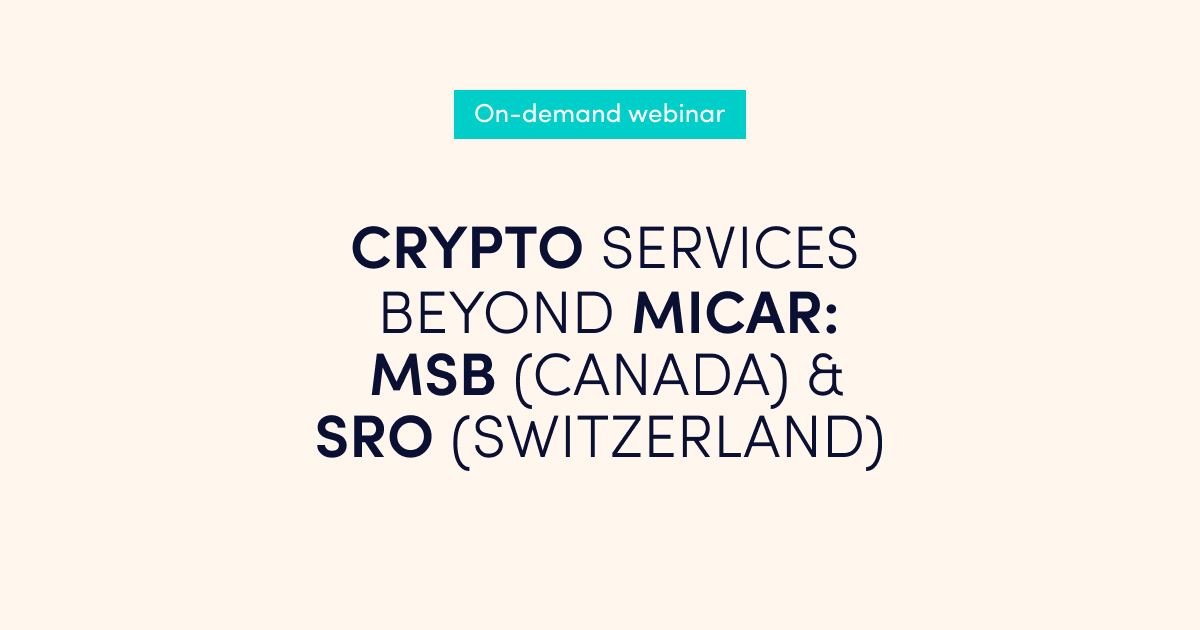Starting a fintech company? We have compiled a checklist that points out key aspects you need to consider and evaluate before making your decision and picking the regulator for your fintech company. Use this checklist with tips to ensure your venture has the best chances of success.
If you’ve any questions about licensing and regulators, get in touch with the experienced team of Advapay.
1. Company’s formation
There is a common legislation base for the EU, which is mandatory for every country. But each Fintech regulator may apply their own requirements, rules, conditions or practices for businesses.
Prices, fees and taxes for company formation and registration
Every country has defined their fixed fees, terms and requirements for licensing. Before moving on to the next stage of establishing a company, compare fees and find out more about formation procedures and documents and how they differ from one jurisdiction to another.
Company taxes
Taxes (e.g., company income tax, social and employee salary taxes) are the one aspect you need to consider and compare. Because taxes form a huge part of your expenses and if one country offers taxes almost twice as high as in other countries – then you should evaluate whether it is worth covering higher expenses or not.
2. Company’s maintenance
Office
From the point of a Fintech regulator, an office is a place, where the company’s general management can meet to take important decisions.
Expenses for office rent and maintenance take a big piece of your expenses. The option of coworking office spaces is long gone and all regulators require a real office with local employees. Until the license is obtained, you need to show your regulator that you are ready to start operating. This is why your office is proof that you are serious about your business. But you can always lower your expenses for office spaces. Regulators do not require businesses to open offices in big cities or capitals. Also, it isn’t necessary to have the main office in the country of licensing. This is why you can open a small office in any city or outskirts of the country of licensing.
But keep in mind that logistics is not the least point once you select the office location. For example, companies owners live in their own countries of residence, but they take multiple-connection flights to visit the office in the country of licensing. It will be a burden for them. For this reason, we recommend you selecting the office location that is easy to reach by air, car or public transport.
Accountancy
When it comes to accountancy services, we suggest you contracting only local companies – they understand the legal framework of taxation and will be the right match. Check fees and requirements on accountancy services and choose companies, which have positive records in serving other fintech companies.
The language of reporting
You may think that this is something of low importance, but be aware that some fintech regulators or government authorities require you to submit reports in the native language only. It means that you need to translate all the communication and documents in this language. Translation services will incur additional expenses and the process itself will cause inconvenience and delays.
3. Personnel
Salary & taxes
There is no doubt that the biggest part of your expenses will be salaries and accompanied taxes, paid for your staff. We recommend you to start with budget calculations necessary to understand how much funds are needed to cover these costs.
Requirements for number of local management and employees
You can open a small office in the country of licensing in order to lower your expenses. But before doing so, check the personnel and management requirements. For example, many fintech regulators insist that the general management must be residents of this country. In addition, they may have strict rules on the minimum (specific) number of local employees, e.g., 6-8 people. This condition is in place because regulators are eager to protect their country’s interests and promote their economic development.
4. License obtaining process
This process involves your time, money and reputation as well.
Lawyer expertise
The stage of document preparation to obtain a license in the specific country must be led by local lawyers only. What is more – they must be experienced and real experts in preparation of licensing documents. It is better to cooperate with lawyers that have been practicing company licensing and are known for 100% positive records.
Legal service fees
Next, you should analyse service fees. We recommend that you get in touch with at least 2 lawyer companies and ask for proposals with detailed service descriptions. Otherwise, companies may offer limited services and for the rest – ask to pay extra. Make sure that lawyers not only prepare documents for the application and submission, but also support the process of communication from applying for a license till the receiving of the license. As an extra benefit, they can also support your business after the license is obtained , e.g., SEPA, SWIFT connection, safeguarding account opening, BIC opening and other processes that are difficult to understand/operate for fintech-newcomers. You can lower your expenses by preparing a business plan and a 4-years forecast by yourself.
Technical document preparation
More than 50% of documents to be submitted are technical, e.g., security policies, IT infrastructure descriptions, etc. Many lawyers do not have extensive experience and knowledge to draw up such documents. Make sure that your lawyers are able to prepare the full set of documents.
5. Fintech regulator expertise and deadlines
License application review – schedule, deadlines and process transparency
You must be familiar with deadlines and the average time taken to review the application. Some regulators have a strict 1-year deadline. After this period, you either obtain a license, or get a refusal. But such transparent terms are not offered by all regulators. In some cases, companies get stuck in the review process for years and finally stop the application process. As a consequence, the application process expenses in “lower-priced” countries will cost you the same as in “higher-priced” countries.
This issue of application review isn’t only about deadlines, but also about fintech regulators and how proactive there are in answering your questions or providing document clarifications. The faster the regulator and its staff work, the faster you will get your license.
Fintech regulator expertise
With this kind of application process, the regulator’s expertise is critical in licensing. Regulators-newcomers do not have enough experience to grasp all the nuances of fintech company operations. Usually, this kind of regulator offers an easy entry point at the beginning, but after they start to tighten up their regulations. Sooner or later, you may need change your jurisdiction due to difficulties and a lack of communication, as well as new, never-ending legislative and business processes.
The greater number of licenses are issued by the regulator, the bigger the regulator is. In turn, this experience and knowledge will accordingly affect the effectiveness of communication processes and time required to register.
With these guidelines, our job is to help you in the process of finding the regulator, who suits your business needs. But, anyway – we are happy to help and take you through the whole process of licensing from A to Z.
Advapay is a technology company providing the Digital Core Banking platform to empower fintech clients or digital banks to start their businesses and accelerate digital transformation. The platform delivers all essential functionalities, a front-to-back system and a set of tools to customise and bring new integrations. With Advapay, potential and existing customers can connect either to the cloud-based SaaS or on-premise software. Besides the technical infrastructure, the company provides business advisory and fintech licensing services. Interested to learn more, please drop us a message.








